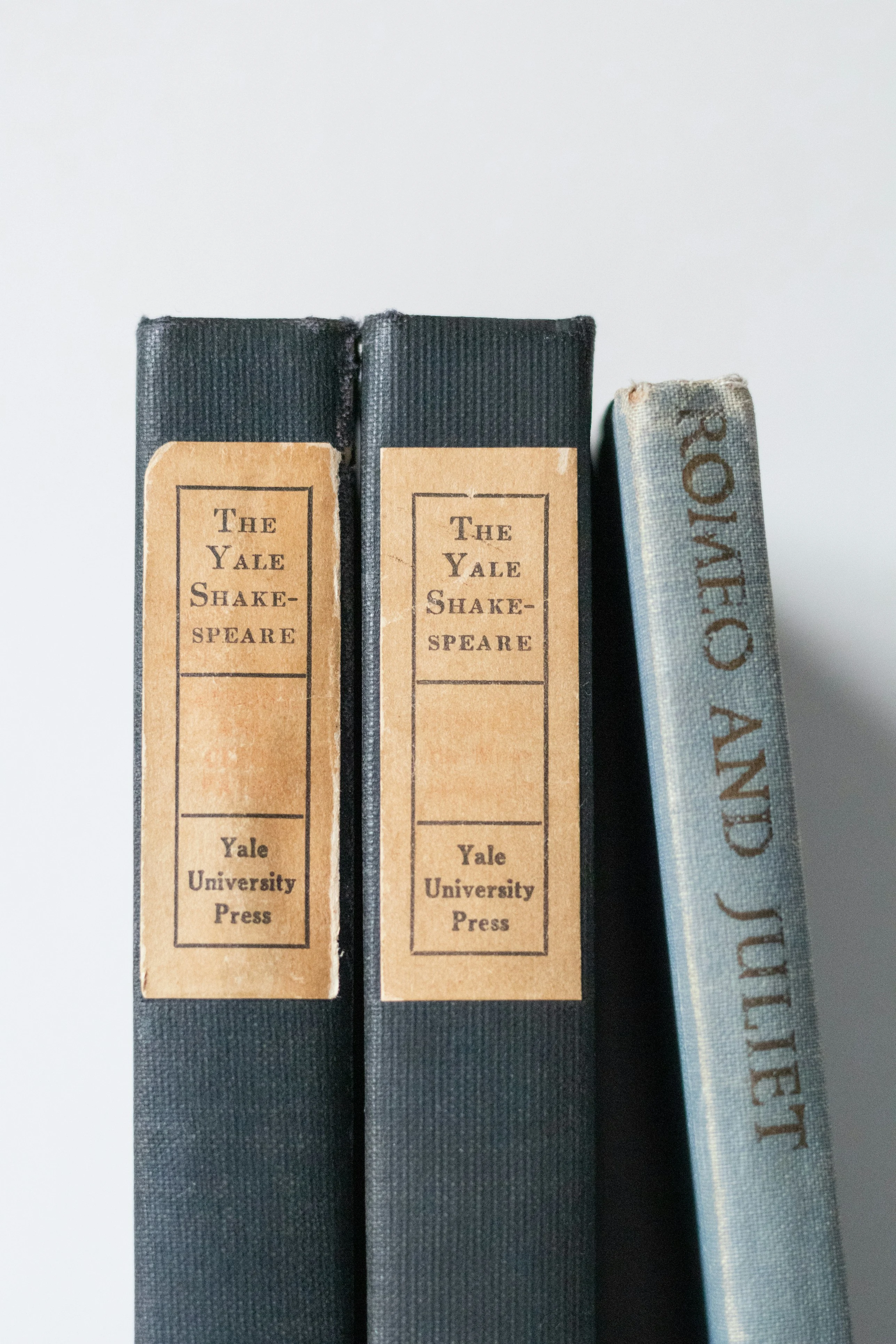An Inspection of Classics

There’s something both intimidating and irresistible about literary classics. They sit on the shelves like grizzled old professors, daring you to pick them up, as if saying, “Come here, child, let me tell you something you won’t understand until you’ve lived a little.” And yet, when you do crack them open, they have this peculiar ability to reach across centuries and tap you on the shoulder with truths about life that you can’t believe were written before indoor plumbing.
Reading classics is like inviting the great minds of history into your living room for tea. Sure, some of them might talk a bit too long or use words nobody uses anymore (looking at you, James Joyce), but they’ve seen things. Tolstoy knows about love and war; Austen understands the subtle art of side-eye; and Melville? He’s that one friend who won’t shut up about whales but ends up teaching you about obsession, purpose, and madness. They all bring something to the table.
The magic of classics lies in their staying power. These are stories and ideas that refused to die, even when generations passed and trends shifted. Why? Because they got something right about being human. Take Pride and Prejudice. You could set it in a modern office with Elizabeth Bennet as a plucky intern and Mr. Darcy as the brooding CEO, and the dynamic would still sparkle. Jane Austen herself quipped, “What are men to rocks and mountains?”—a line so timeless it could double as a caption for your next Instagram hiking post.
But let’s not pretend it’s all smooth sailing. Classics can be dense. They might open with ten pages about the history of a fictional town or spend an entire chapter describing the color of a curtain. You slog through those parts not because you’re a masochist but because the gems you find later are worth it. It’s like mining for gold; the nuggets you uncover make the effort feel heroic. You finish Moby-Dick and think, “I am now a person who has read Moby-Dick. Where’s my parade?”
"The proof of the pudding is in the eating." — Miguel de Cervantes
And then there’s the humor—the sly, understated wit that reminds you our ancestors weren’t all doom and gloom. Cervantes, in Don Quixote, gave us one of literature’s great delusional optimists, tilting at windmills in a metaphor that remains painfully relevant for anyone who’s ever chased a dream only to crash headfirst into reality.
Beyond the laughs, though, classics are mirrors. They reflect universal struggles: love, ambition, betrayal, and the existential crises we think are unique to our generation. Shakespeare had it figured out long before we did. Hamlet, that original overthinker, could’ve been any one of us staring at a screen at 3 a.m., wondering whether to send that risky text.
So why read classics? Because they remind us we’re part of a much bigger story. They’re a conversation that started long before us and will continue long after we’re gone. They whisper, “You’re not alone,” even when you’re buried under layers of outdated language or wrestling with a plot that refuses to make sense until the very last page.
In the end, classics aren’t dusty relics. They’re the original blockbusters, full of drama, insight, and, yes, the occasional whale. Read them not because they’re “important” but because they’re alive. Pick one up, and you might just find that the grizzled old professor has more to say to you than you’d ever imagined. And if nothing else, you’ll finally understand half the jokes in The Simpsons.